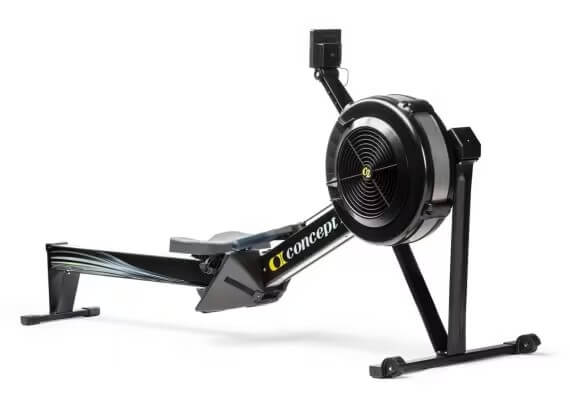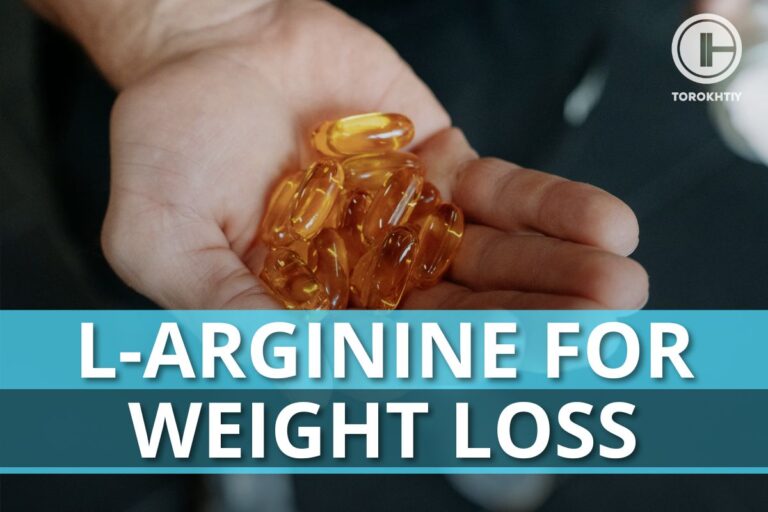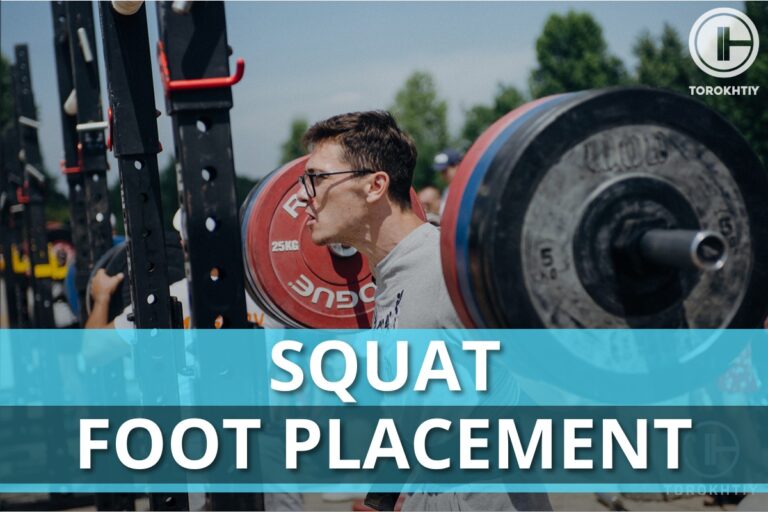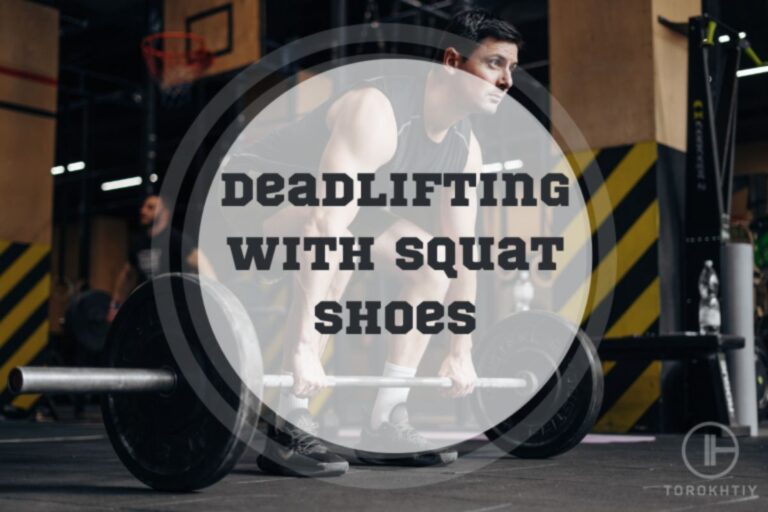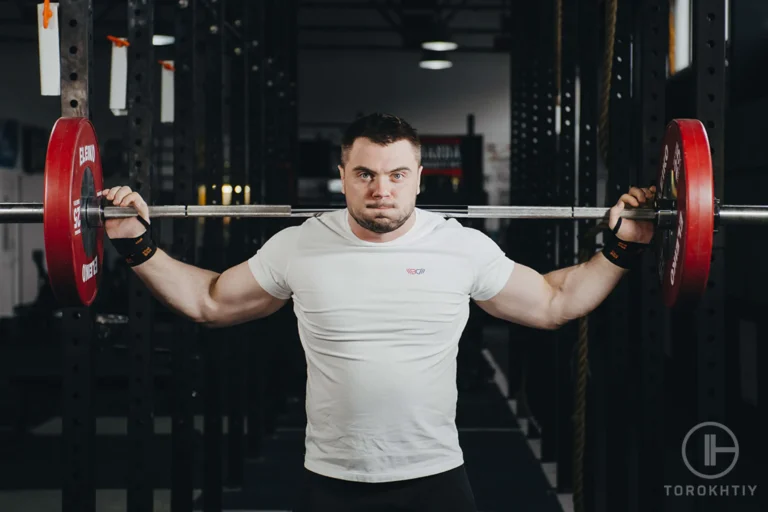How Long Should I Row to Get Fitter?
Rowing is a great exercise that offers many physical and mental benefits. Whether you are a beginner or a more experienced rower, one question always arises “How long should I row to get fitter?”
The following article will help answer this question so you will learn the optimum time required for the greatest results.
So, how long should I row to get fitter? To get fitter the beginners may start with shorter sessions of 10-15 minutes. The more experienced athletes can row for 20-25 minutes. 3 rowing workouts per week will be enough to see the results, but you should also have a healthy diet and do other strength exercises.
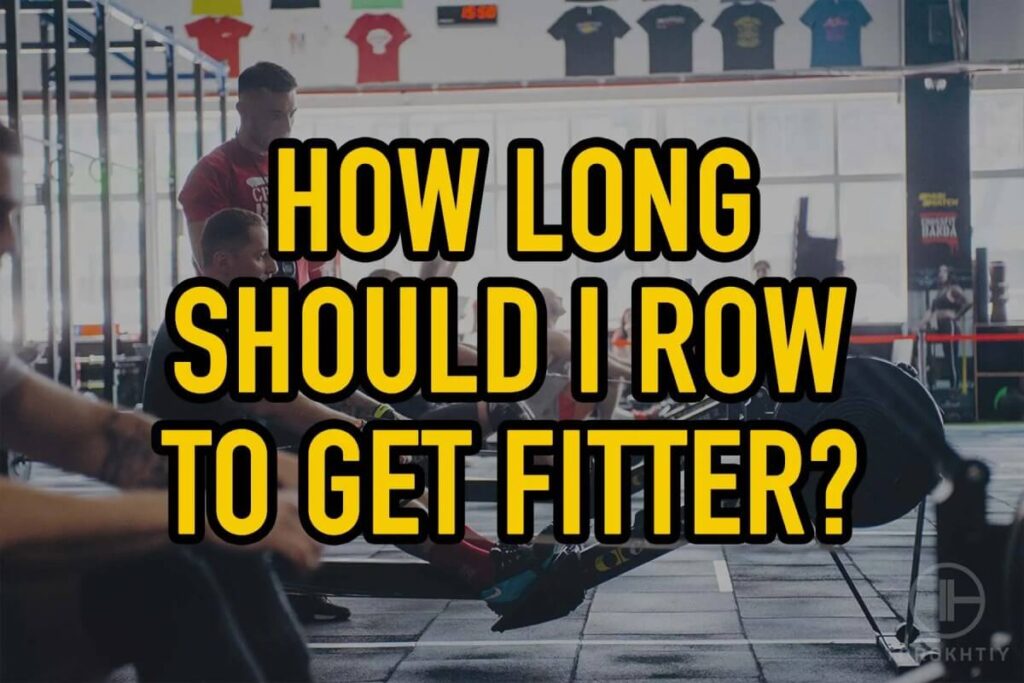
Rowing Training Duration To Get Fitter
How long should I use the rowing machine to get the desired results? – Well, it depends on your goals. Let’s take a look at the most common fitness goals that people set when they start rowing to understand how much time you should spend for rowing.
1. Rowing For Weight Loss
You will need more than exercise to achieve your weight loss goals. Consistency with your diet and lifestyle choices will always be the key to any weight loss attempt.
However, regular exercise can help you lose weight, and a rowing machine is a great way to burn those unwanted pounds. Remember, to lose weight, you need to burn more calories than you consume!
For best results, you should start slow and aim for a pace and intensity that will get your heart pumping.
It is important not to overexert yourself, which generally means you will row moderately throughout.
Consistency is key, so aim for at least 15-20 minutes on the rower each session. You can work out three to five times weekly for the best results. Rest days are essential, especially if you are starting your journey to a new healthier you.
According to Harvard Health, the number of calories burnt by a 125-pound person who rowed for 30 minutes is 255 calories, with a 185-pound person burning 440 calories for the same duration.
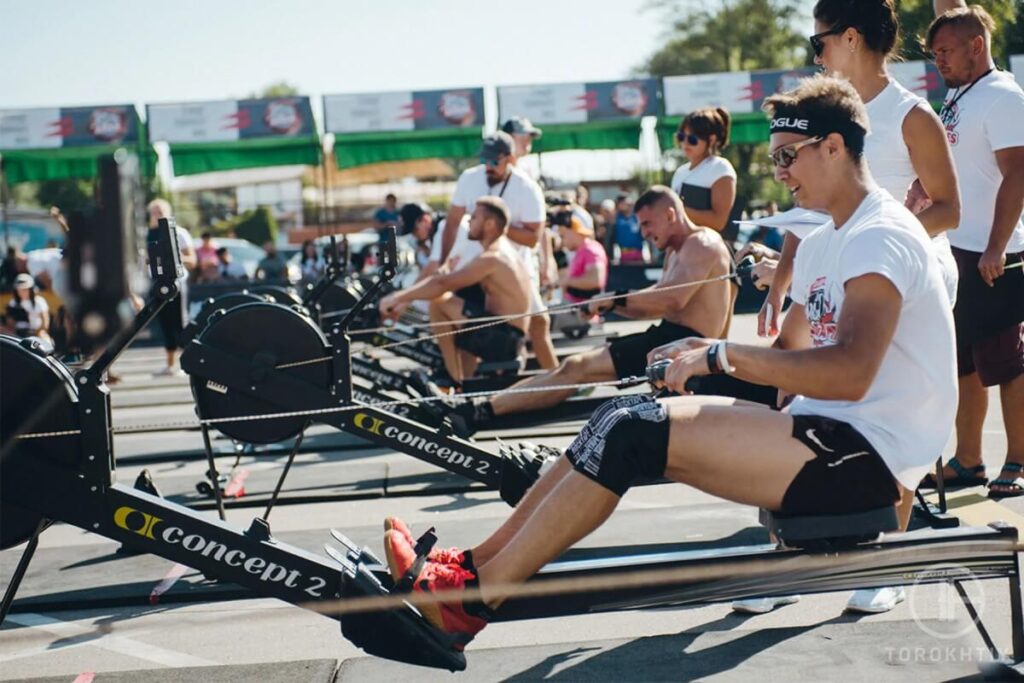
2. Rowing For Muscle Growth
First of all, rowing is more of a cardio workout than a strength-building exercise. So, it is not possible to build muscle while rowing, but you can strengthen certain muscle groups such as the back, legs, shoulders, and arms.
The best way to do it would be to perform HIIT exercises (high-intensity interval training). These exercises will be short and intense.
To perform HIIT on a rowing machine would involve rowing as hard as possible for 20 seconds, followed by a rest of 20 seconds, repeating this process as long as possible. If you were wondering how long a rowing workout would be, then the answer is less than 10 minutes in total including work and rest periods..
Again, rest days are essential. So give yourself a day’s rest between HIIT sessions.
3. Rowing For Sports Goals
The time and intensity of your rowing will depend entirely on your given sport and your goals.
Generally speaking, if you want to increase your endurance, for example, if you were a long-distance runner, then longer, steadier rows of 30-40 minutes would be better.
In contrast, sprint intervals of 10 minutes would be best for developing sprint speed, which would benefit those involved with sprinting or sports such as soccer.
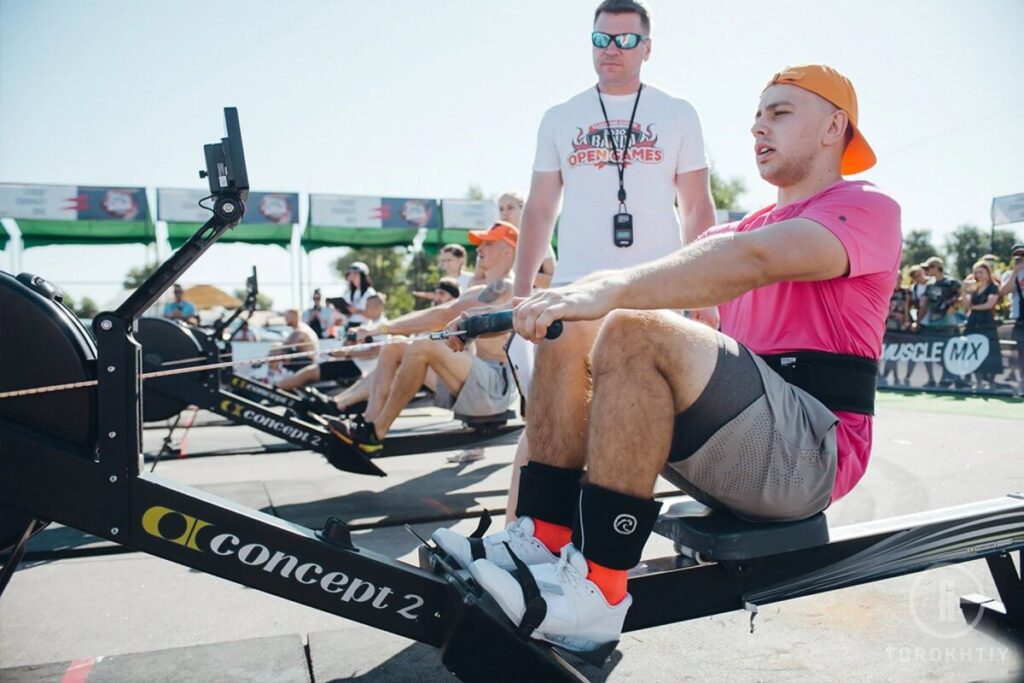
Benefits Of A Rowing Workout
Here are some significant benefits you can experience with a rowing workout.
✅ A Low-Impact Exercise
Unlike many other cardio exercises, rowing is low-impact, as no running or jumping is involved. The benefit of this is that you won’t encounter any pain or pressure when exercising, which can be helpful for those suffering from joint pain or arthritis.
Research has even found that rowing could promote good joint health. A 2014 study showed that over eight weeks, 24 people saw joint rotations in the elbow, shoulder, lumbar, and knee improved by 30%. Running and other high-impact exercises were found to have the opposite effect.
✅ Builds Power And Endurance
Rowing can help build both power and endurance if performed with good form.
When you row, you will be using your leg muscles to push yourself back, with your arms also being used to row. Both movements require power.
Endurance, on the other hand, is the body’s ability to perform a task for an extended period; rowing can help with this too.
✅ A Full-Body Workout
Unlike many cardiovascular activities, such as running, rowing not only works your lower body muscles like the quads, glutes, and calves, but it also targets the muscles of your upper body, such as your pecs, biceps and triceps, and abdominals.
That makes a rowing machine better than a treadmill focusing on your lower body.
The fact that the rower works the whole body makes it an efficient exercise option for those short on time.
✅ Suitable For Everyone
Whether you are a complete beginner or an advanced user, the rowing machine will benefit you.
The resistance level can be adjusted, while each workout’s pace, intensity, and duration can be changed depending on your fitness levels and goals.
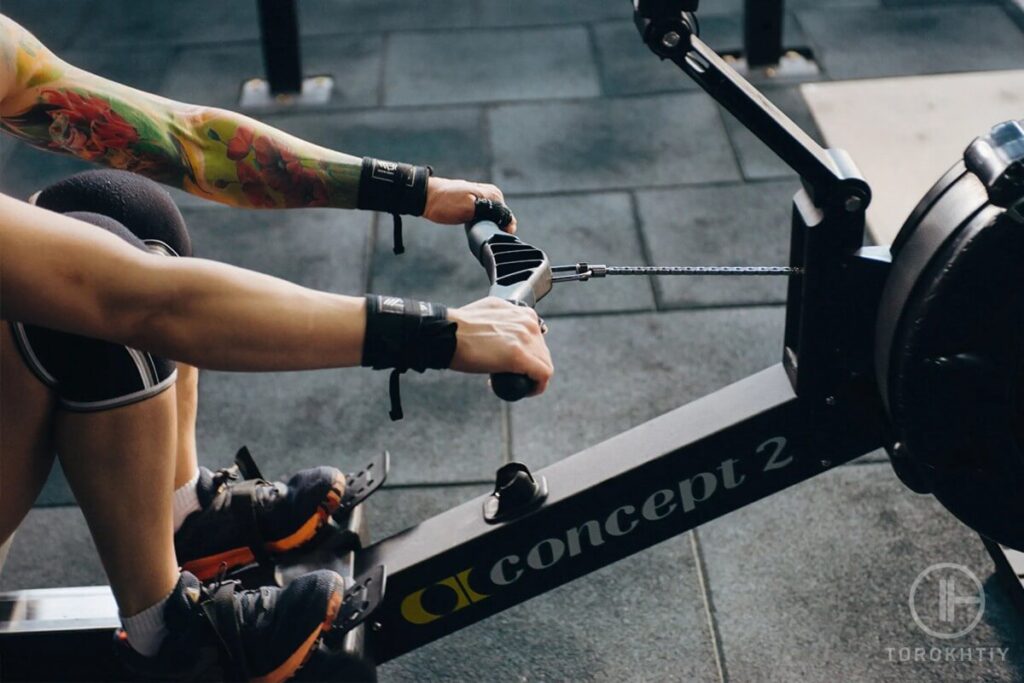
✅ Easily Use In Your Own Home
Many rowing machines can be folded away when not in use. They also rarely need to be connected to a power supply.
One significant benefit is that they are incredibly quiet compared to a treadmill, which would be ideal if you are concerned about disturbing your neighbors.
✅ Improve Posture
A rowing machine targets all major muscle groups and strengthens the core. This can all help improve posture.
Good posture has many health benefits, including less back pain, more energy, and improved digestion.
✅ Good for Your Lung And Heart Health
Rowing is an excellent form of cardio that can strengthen your cardiovascular system by making the heart, blood vessels, and lungs work more efficiently. It also helps your heart work more efficiently to transport those much-needed nutrients and oxygen to your organs.
This can all help lower the risk of heart and other health issues.
✅ Help To Relax
Even though indoor rowing won’t be as relaxing as rowing on the water, the smooth gliding motion created can help your mind go on autopilot.
This exercise can also help release feel-good hormones or endorphins that can help relieve pain, reduce stress and improve your well-being.
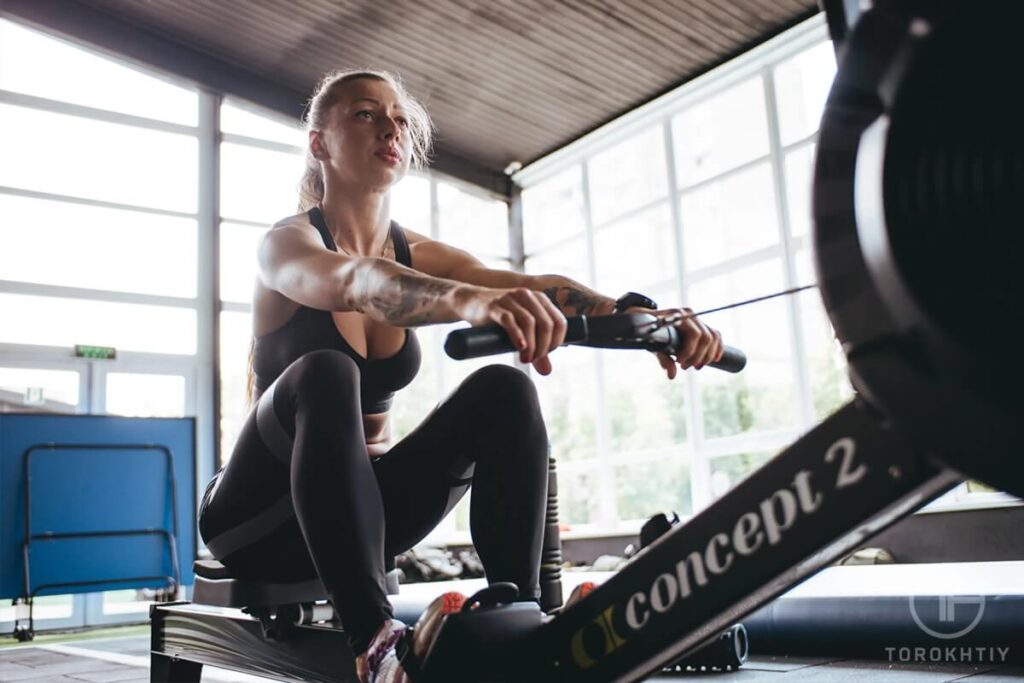
How To Row To Lose Weight
How long should I row to lose weight? – That’s the most common question among people who want to use a rowing machine as the primary cardio source.
To lose weight, you will need to be in a calorie deficit, meaning you need to be burning more calories than you consume.
You must change your diet, cutting calories and increasing your activity levels.
A rowing machine effectively burns excess calories, generally resulting in 250-400 calories burnt in 30 minutes, depending on your current weight and workout intensity.
You must remember that it is impossible to spot reduce fat, but consistent workouts will reduce body fat overall.
Ideally, you should opt for 4-5 workouts a week, each workout lasting 30 minutes at a moderate pace. Alternatively, you could opt for shorter, more intense workouts that only last 10 minutes.
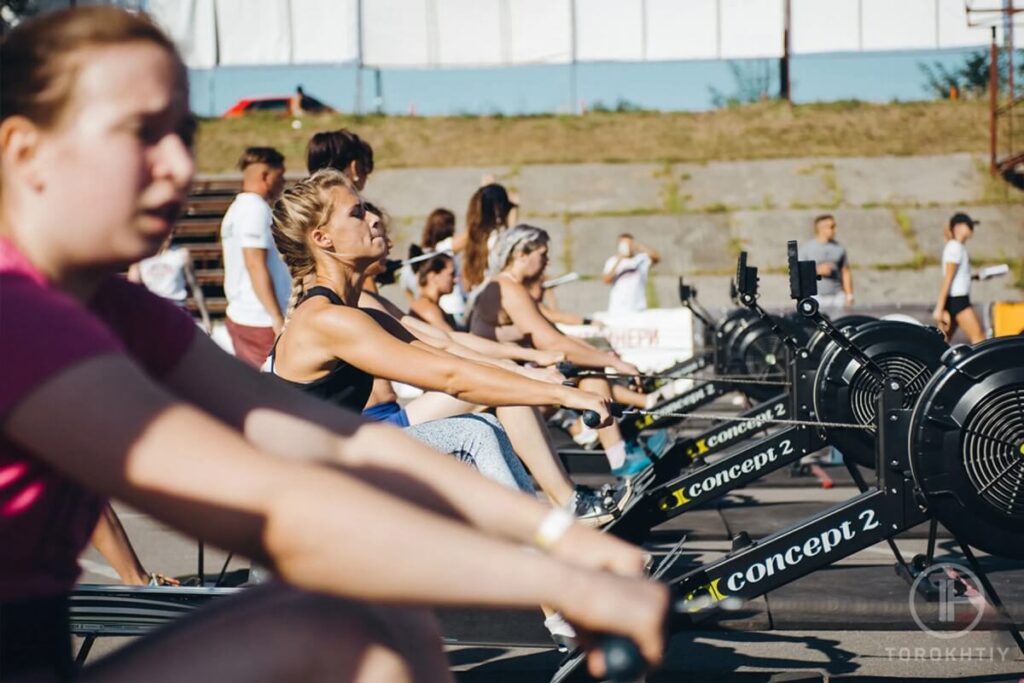
Short bursts of intense exercise have been shown to cause an increase in cardiac function and post-exercise oxygen consumption, which means you can burn more calories even after your workout has ended.
You must remain consistent to see the best results, whichever option you choose. Also, warm up before working out and avoid poor posture when rowing.
Poor posture, for example, rounded shoulders and incorrect form, can cause injury. A study from 2015 found that lower back pain is a significant concern for rowers.
Rowing Machine We Recommend
If you are looking for the best indoor rower on the market, look no further than the Black Concept 2 RowErg Rower, sold by Rogue Fitness.
Designed for both commercial and home use, this remarkable rower with 10 resistance levels offers an unparalleled exercise experience. Crafted with utmost precision, it guarantees a lifetime of robust performance.
It has a 500lb max user weight, meaning that whatever your size, you can take steps to get fitter.
The cutting-edge PM5 Performance Monitor, its enhanced ergonomically designed handles, adjustable footrests, and a flywheel that ensures smooth movement with minimal noise all contribute to its exceptional functionality.
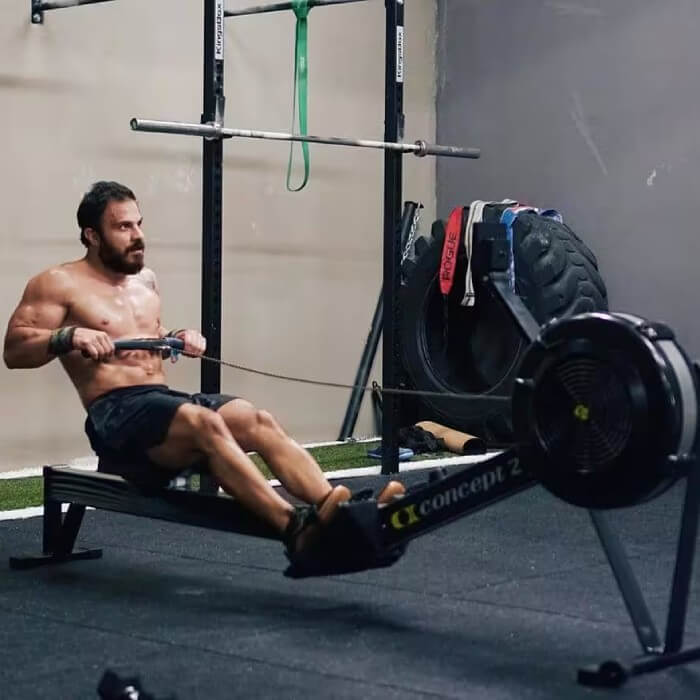
The seat glides effortlessly along an aluminum monorail and stainless steel track for seamless motion, delivering a satisfying rowing experience. When you’re done with your workout session, disassembling the rower is a breeze, as the two sections can be effortlessly moved into storage using the convenient caster wheels.
The state-of-the-art monitor provides comprehensive tracking capabilities, allowing you to monitor various metrics such as distance, speed, pace, calories burned, and watts. Additionally, it offers a wide array of pre-set workouts and engaging games to keep your exercise routine stimulating and captivating.
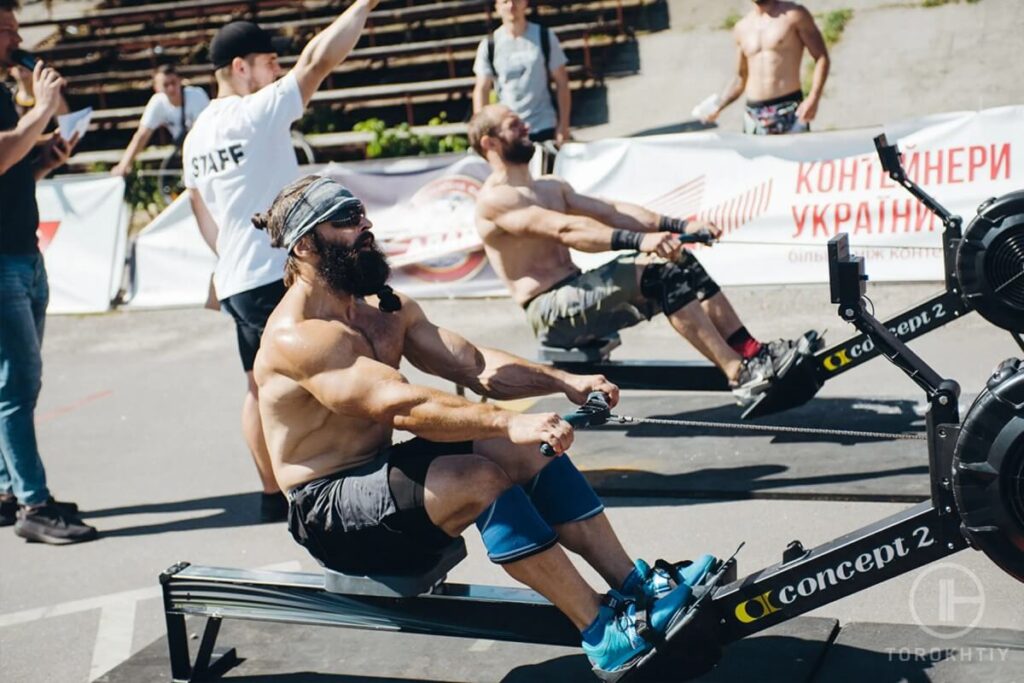
FAQ
How Long Should I Row As A Beginner?
As a beginner, you should row for at least 5 minutes, with a maximum of 20 minutes. You can increase the time and intensity as your fitness improves.
Is It Better To Row Fast Or Slow?
Rowing slower will ensure you are not compromising your technique, which can occur when using higher stroke rates.
Is 20 Minutes Of Rowing Enough?
Twenty minutes of rowing three to five times a week will help improve your overall fitness and achieve weight loss goals. Consistency is vital to reaching your fitness goals.
Conclusion
Hopefully, after reading the above article, you have a better idea of how often you should use a rowing machine.
The ideal duration of each rowing session depends on various factors, including your fitness level, goals, and time availability.
It is generally recommended that beginners start with shorter sessions, gradually increasing the duration as their fitness improves.
If you have any more questions about rowing machines, please comment below.
Also read:
- Rowing Machine Benefits
- Does Rowing Machine Build Muscle
- What Is a Good Rowing Pace
- Rowing Machine for Weight Loss
- Best Recumbent Bike Rower
- Rowing Machine vs Treadmill
- How Many Calories Does Rowing Burn
- Rowing Machine for Abs
References:
- Calories burned in 30 minutes // Harvard: https://www.health.harvard.edu/diet-and-weight-loss/calories-burned-in-30-minutes-for-people-of-three-different-weights
- Comparative analysis of basal physical fitness // NCBI: https://pubmed.ncbi.nlm.nih.gov/25226943/
- Cardiorespiratory Endurance // NCBI: https://www.ncbi.nlm.nih.gov/books/NBK241309/
- Effects of Indoor Rowing Exercise // NCBI: https://www.ncbi.nlm.nih.gov/pmc/articles/PMC4564707/
- Benefits of Exercise // NCBI: https://www.ncbi.nlm.nih.gov/pmc/articles/PMC6172294/
- Endorphins // ClevelandClinic: https://my.clevelandclinic.org/health/body/23040-endorphin
- High-intensity Interval Training // AceFitness: https://www.acefitness.org/resources/pros/expert-articles/6361/high-intensity-interval-training-why-it-works/
- Low back pain among international-level rowers // ResearchGate: https://www.researchgate.net/publication/272084646
Why Trust Us?
With over 20 years in Olympic Weightlifting, our team does its best to provide the audience with ultimate support and meet the needs and requirements of advanced athletes and professional lifters, as well as people who strive to open new opportunities and develop their physical capabilities with us.
By trusting the recommendations of our certified experts in coaching, nutrition, dietology, and sports training programming, as well as scientific consultants, and physiotherapists, we provide you with thorough, well-considered, and scientifically proven content. All the information given in the articles concerning workout programming, separate exercises, and athletic performance, in general, is based on verified data. We ensure that you can rely on our professionals’ pieces of advice and recommendations that can be treated as personalized ones which will benefit you and fully meet your needs.
The product testing process is described in more detail here
Author: Ihor Shymechko
Pro Olympic Weightlifter, Coach
Best Results: Snatch – 208 kg,
C&J – 240 kg
Ihor has been a professional weightlifter since 1996, boasting over two decades of competition experience. His notable achievements include clinching the European Championship in 2009 and securing a silver medal in the 105kg division at the Senior World Championships in 2011. Ihor represented his country in the 2008, 2012, and 2016 Summer Olympics. After retiring from competitive weightlifting, he transitioned to coaching, leveraging his vast experience to guide athletes who now compete on both national and international stages.

